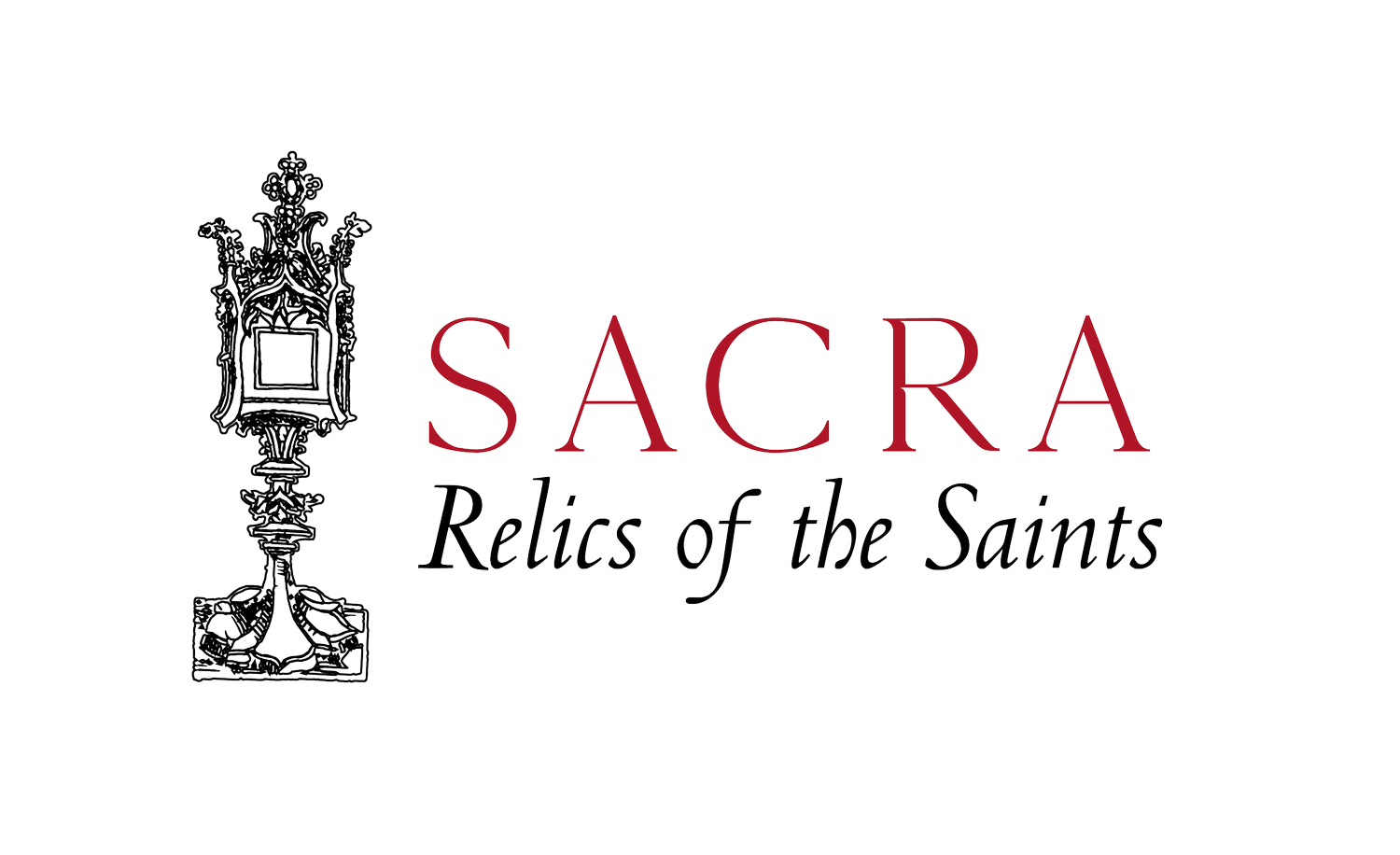Can a relic ever be sold?
The Market by Francis Petrus Paulus, attributed
Lest we bury the lead, the short answer is always, and unequivocally, ‘no.’
The Code of Canon Law (the Church’s legal code) expressly prohibits their sale:
Canon 1190. §1. Sacras reliquias vendere nefas est.
Canon 1190. §1. It is absolutely wrong to sell sacred relics.
The use of the word nefas in the original is very strong language indeed. The word fas, whose original meaning was something like ‘divine law,’ is negated, to show that something is absolutely forbidden, against divine law. Selling a relic is the sin of simony (see Acts 8:9–24).
So, if the Church forbids the sale of relics, why are relics sold? Again, the answer is a short, simple one: financial gain.
Relics are sacred, devotional objects, whose proper use is prayer, healing, and the building up of the Kingdom of Christ on earth. The expectation of financial gain from this kind of thing is irreverent and not envisioned in a life lived in accord with faith. Those who do not understand—or cannot be bothered—with the sacred nature of these objects have other ideas.
Christ Expelling the Money-Changers from the Temple by Nicolas Colombel
These prohibitions against selling relics have not deterred enterprising dealers in any age. The illicit sale of relics is not a new problem. The Church’s prohibition of the sale of relics goes back more than a millennium, when religiously disinterested or unscrupulous salesmen abused the piety of the faithful. Whether the relics in question were authentic has rarely been a priority, but the advent of the internet auction added another layer to this unfortunate market.
Relic or no?
At any rate, sites like eBay offer devout christians a veritable smorgasbord of ‘relics for sale.’ Now financially-interested dealers have a limitless audience to hock their wares, and there is sadly much more for sale on the internet than good information on their history and proper use.
Religious people with the best of intentions may feel tempted to jump in and help out. The truth is that the overwhelming majority of relics for sale on the internet are forgeries. Well-meaning faithful engage in holy bidding wars against each other for aged chicken bones and artificially stained gauze as the winning price soars. This is one reason that Sacra does not recommend individuals to try to ‘rescue’ relics from auction sites.
Objects in an antique store, some sacred, some not.
Sometimes churches do close and their sacred objects are auctioned off online. This situation is increasingly familiar to a European audience, where large numbers of parishes and monasteries close shut their doors. Proper care is often not given or not known to insure that these sacred objects be not alienated from Church possesion.
Bishops and superiors in-the-know understandably try to save church appointments for sacred use. There is much need: the author once saw a ciborium being used in a private home as a candy jar. Because of the proliferation of forged relics, ecclesiastical leaders should consult experts before attempting to save purported relics.
Finally, one convenient work-around employed by financially-interested parties is to ‘sell a reliquary’ made of precious metal and include the relic inside ‘free of charge.’ Now while it is licit to make some donation to, say, a religious community or a saint’s cause that prepared a relic to cover the costs they incur in shipping, materials, or time spent in labour, (provided that the cost is not a subterfuge for profit), these costs are usually small, easy to explain, and do not give rise to scandal. If, however, the proposed cost is very large, and is merely a front to sell the relic in the reliquary, the relic should be removed and dealt with separately to avoid occasion or appearance of financial exchange. It is not a sin to buy a nice reliquary, especially if it means a relic is displayed for the faithful to venerate and learn about! But a relic cannot be placed in a costly reliquary as an excuse to charge top-dollar for it. Unequal weights and unequal measures are both alike an abomination to the Lord (Prov. 20:10).
✠




